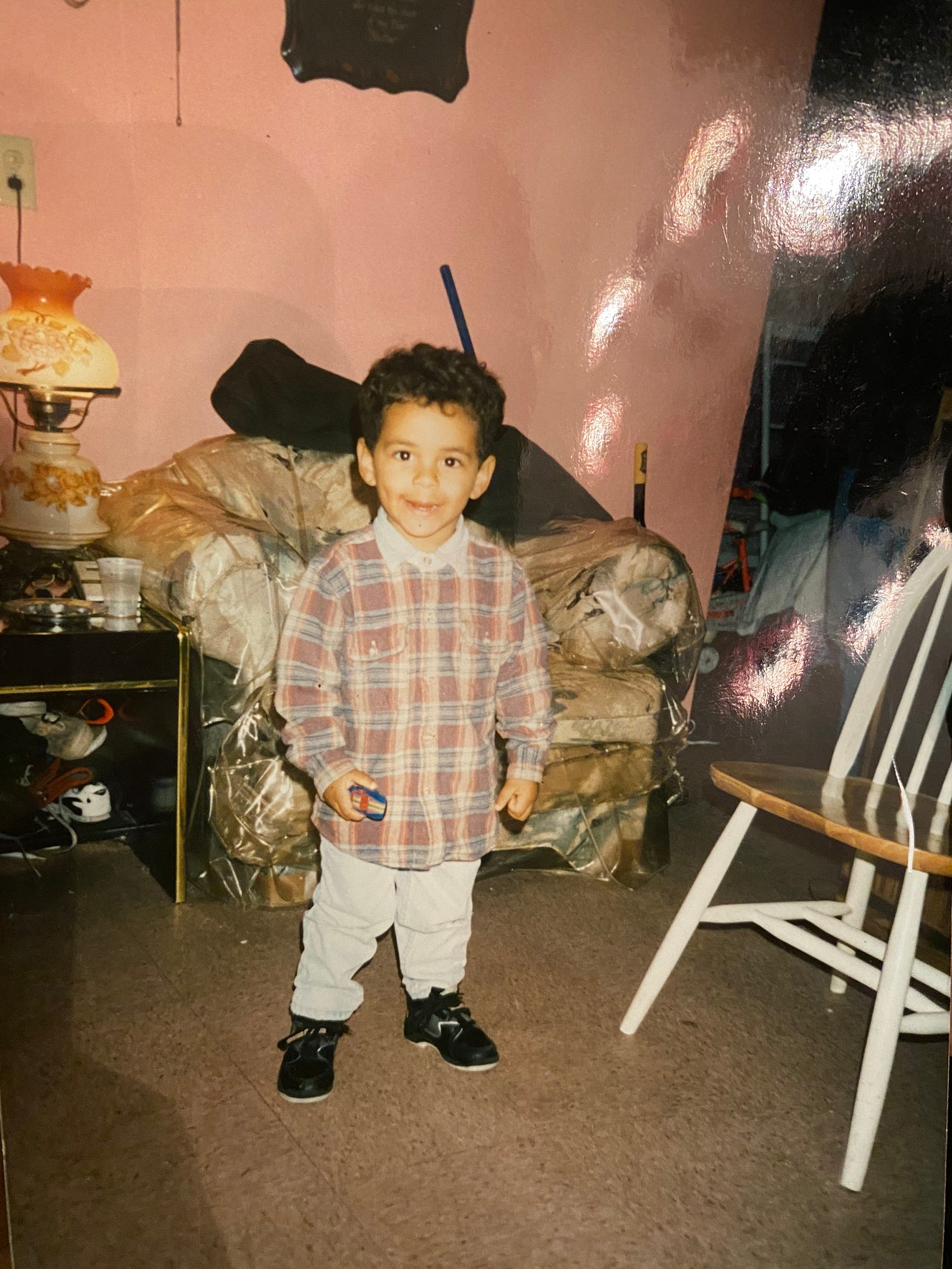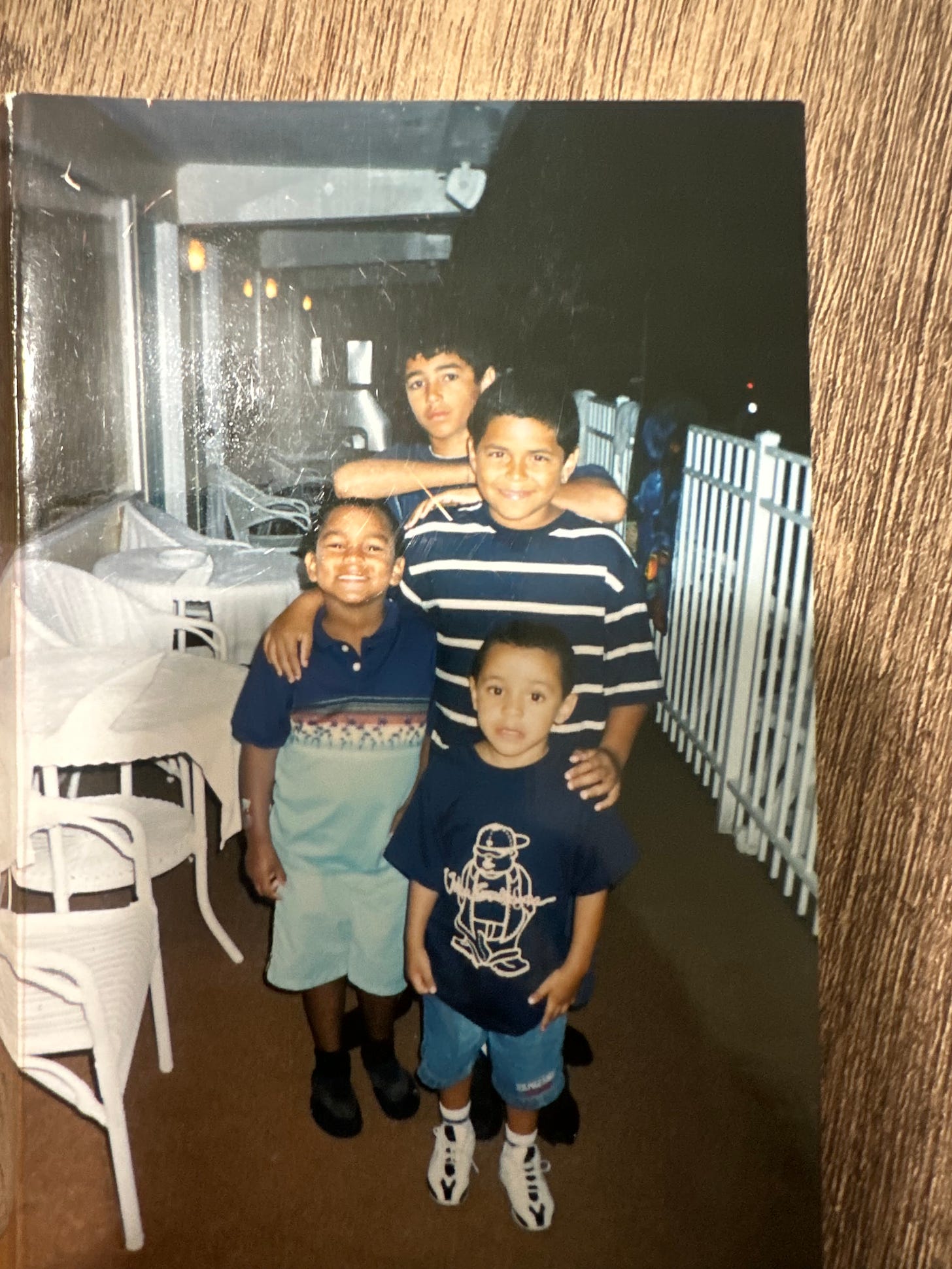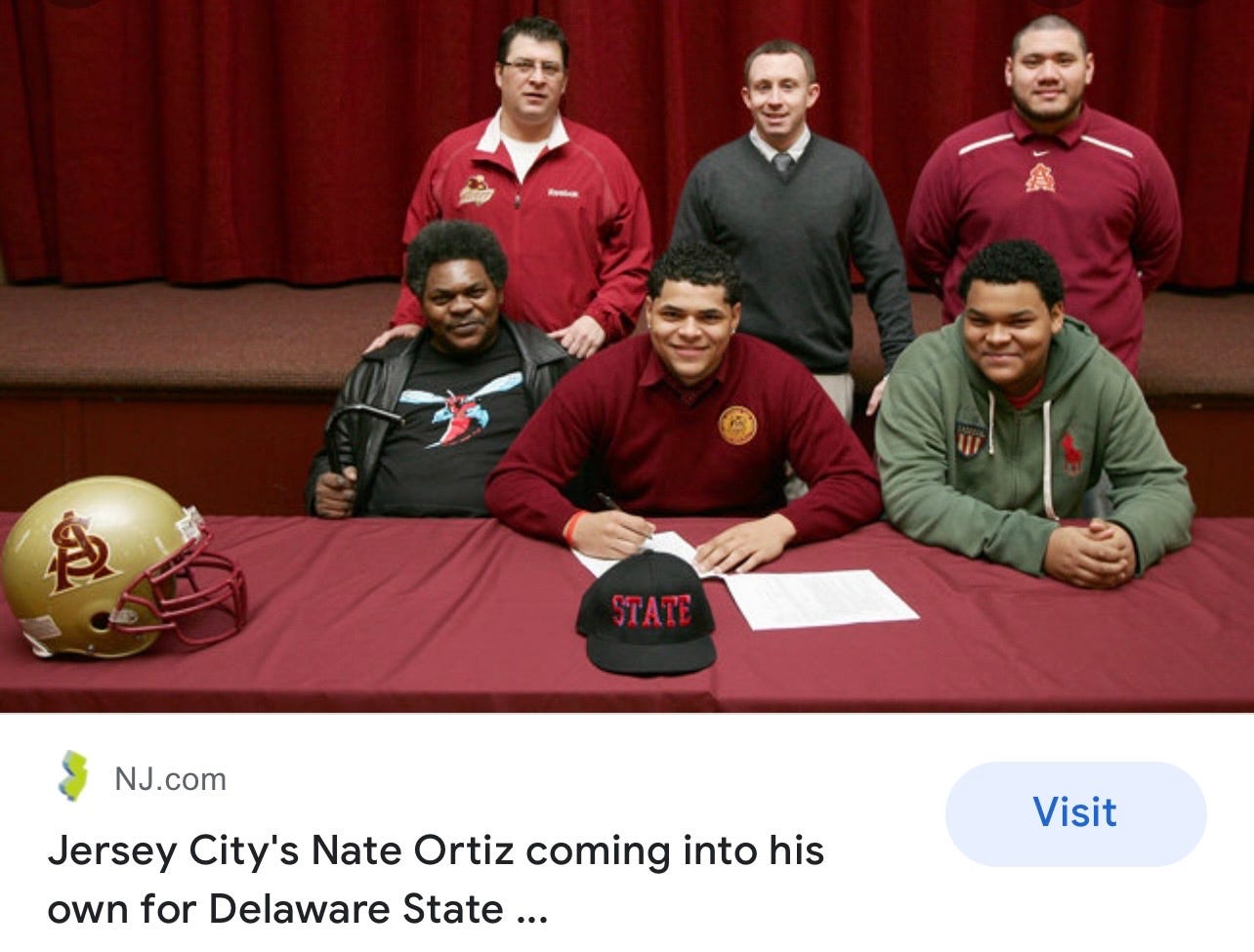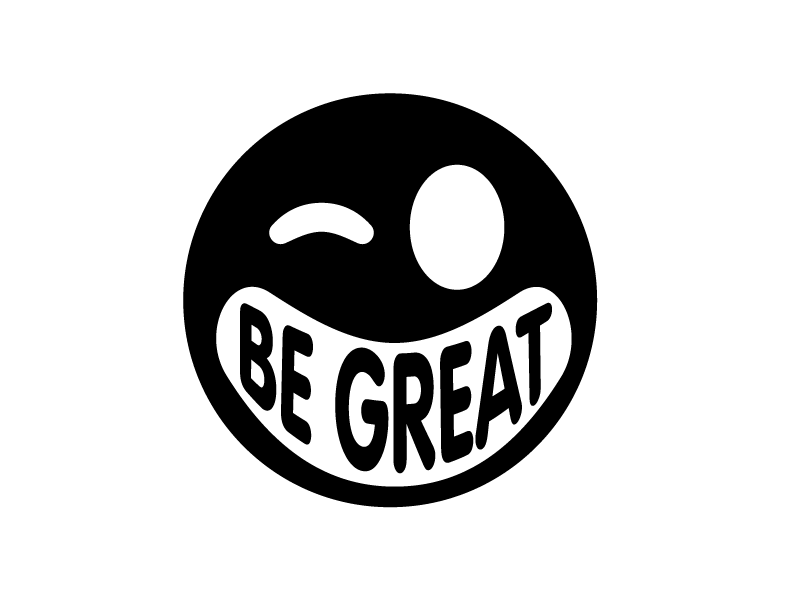The First Step to Overcoming Generational Trauma and Poverty

You've spent your whole life waiting for someone to rescue you. Deep down, there's a part of you that whispers, “Maybe I can do this.” But then, that familiar voice in your head sneers, “Come on, what are you thinking? You're at it again...” This voice dominates your life, surfacing every time you dare to dream a new dream or set a new goal, bombarding you with doubts:
- “You can't—you're not smart or strong enough.”
- “Sure, it's a good idea, but you're just not capable of pulling it off.”
- “This goal? It's not the right time. Let's wait.”
- “You don’t have the money for this.”
- “Look at you, broken. Don't trust anyone with your traumatic past—it's just embarrassing!”
This insidious voice convinces you that you're not the one who can change your life, persuading you to wait for a savior instead.
This little voice doesn't just influence your thoughts; it steers your entire life. The sad truth is, this voice isn't truly you.
This Ends Today... Unless, of course, you continue to overlook that profound intuition within you.
That little voice tried to sabotage me with the same tricks, and occasionally, it still does. With the understanding I have now—and what you'll come to realize by the end of this week's newsletter—you'll start seeing life in a different light.
Growing up, I clung to the hope that someone would come to save me. Given the visible abuse my siblings and I endured at the hands of our mother, it seemed impossible that the world wouldn't notice and intervene. Yet, no one did—not even the authorities. Then, a pivotal day arrived, a day that altered my trajectory from being a victim of trauma to becoming a One Percenter.
“Who Am I?”
I have faced pain and trauma since the day I was born. My mother was a drug addict, and I was born with them in my system. I developed Neonatal Abstinence Syndrome (which happens to some babies who are exposed to drugs before birth) and was left in the hospital for months, hooked up to wires and machines. I was in rehab from day one and had daily seizures and extreme muscle tension.
When I was finally healthy enough to go home from the NICU, the hospital couldn't get in touch with either my mother or father, so they contacted the emergency number, my grandmother. Since my father wasn't there to pick me up and sign my birth certificate, I got my mother's married name, Ortiz, from her ex-husband.

I grew up biracial, with an African American father and a Caucasian mother, and self-identity was a struggle for me. I was not black enough to be black nor white enough to be white. That left me unsure where I belonged. My last name, Ortiz, confused me as a child because people assumed I was Hispanic. I had difficulties making friends and became a lone wolf at a young age.
“Am I smart or strong enough?”
Growing up with trauma, health problems, and learning disabilities. I learned I had two options. I could either accept these issues as my reality and live with them, or I could find a way to overcome the challenges I faced each day. I had questions like, “Why was I born into poverty? Why did both of my parents struggle with addiction? Why did I struggle with reading? Why was I overweight at a young age?”
“Can Daren save me?”
When my mother was pregnant and in prison, she gave birth to my youngest brother, Daren who was the third child my mother had with my father. She couldn't get custody of Daren, so her sister, Kellie, took him in. Every Friday, for the first few years, my father would treat the three of us to a meal at the mall followed by a movie. My younger brother Brandon, the middle child, and I always eagerly anticipated these weekends, primarily because it allowed us to spend time with Daren.

My aunt wasn’t comfortable with Daren visiting us at my mother's house, given her history and unpredictable episodes. Still, since I was older and could look after him, she made an agreement with my mother: Daren could spend weekends at our apartment in Jersey City Heights if she stayed clean. Daren was quiet, different from Brandon and me, and he was our rock during those times.
Unfortunately, my mother didn't always uphold her end of the agreement with my aunt and would still use drugs. I did my best to protect my younger brothers from it—taking them to the park, playing video games, or shutting the door and turning the TV volume up.
Every time I heard my mother moving around the house, fear gripped me. Brandon and I were always on edge, bracing for the worst. Her mood could shift without warning, and often lead to violent physical abuse.
While she was an intimidating presence on her own, she often used weapons to intensify her beatings. A particular favorite of hers was a black bat we got for free from the Boys and Girls Club. However, if Daren was present when she stormed in to lash out at us, her demeanor would shift immediately.
It was as though Daren served as a guardian angel who made her confront her inner demons. My mother knew if Daren saw anything, he'd tell my aunt, and that would be the end of her seeing him.
Brandon and I always did everything we could to keep Daren from seeing what really went on at home. For years, it worked, right up until I was about fifteen years old.
Then, one day, everything came crashing down. It was the breaking point that made it so we never lived with my mother again. My dad had just bought us a new game system, and we were stoked. Racing back to my mother's apartment, Brandon, Daren, and I got straight into playing. But in the midst of all that fun, my mother's voice cut through the air with a yell, “Nate!!!”. Instantly, my heart dropped. When she yelled like that, it meant trouble. But with Daren around, I thought she'd hold back. I was wrong.
She barged in, eyes fixed on us, then quickly shifted her gaze to a standing fan. In a split second, she lifted it, aiming it straight for Brandon's face. Reacting fast, I caught it, but it sliced into my skin. Trying to snap her out of it, I yelled, "Mom, Daren's here!". But it was too late, and before I realized it, her fist connected with my face, landing a solid punch. Then, she grabbed our brand new game system, lifted it, and slammed it. It broke apart on impact. She then continued to attack us. I pulled both Brandon and Daren behind me, protecting them, and took all the hits.
I pushed my younger brothers into the hallway and quickly called my father from the new cell phone I got for my birthday. Mid-conversation, my mother snatched the phone from my grip, smashing and stomping it into pieces.
I couldn’t believe it and I looked up just in time to catch a fist that landed squarely on my nose. Warm blood immediately trickled down my face. My vision blurred and I saw double. As I tried to regain my bearings, I stumbled to the hallway to ensure my brothers were safe, but my mother swiftly slammed the door behind me and locked us out.
I realized her intent was to lock us out. With no shoes and my shirt torn and covered with blood, I knocked, and desperately begged for at least my shoes; her voice, cold and sharp, cut through the door. "NO! I'm kicking all of you out, LEAVE!"
Desperation set in, and I sprinted to the nearest payphone to call my father again, telling him everything that just happened. He urged me to report the incident to the police, something I was deeply hesitant about. But he was adamant, reminding me of our legal rights as underage tenants on the lease. The blue and red lights of the police car soon illuminated the scene. I explained, hoping for some intervention.
Yet, they offered little sympathy, simply stating, “Sorry man, we can’t do anything about this,” before departing. Alone again, I turned to Brandon and Daren, "Listen, I have just enough bus fare for the two of you to get to Dad's. I'll find my way there."
Brandon's protective instincts flared up, but I reassured him, emphasizing that he needed to be strong for Daren, especially since walking at this hour wasn't safe. Brandon's eyes welled with tears, but he nodded, and they set off. As I watched them leave, the weight of responsibility pressed heavily on my shoulders.
“No one saved me.”
I made my way to my father's place, walking three miles in just my socks and with blood still dripping from my nose. My heart ached with a mixture of anger, sadness, and disbelief.
How had things come to this? It wasn’t just the physical pain that weighed on me, but the emotional torment of feeling betrayed by the one person who was supposed to protect us.
I finally let out the tears I had been holding back. Everywhere I looked for relief, like thinking Daren's presence would save us from the beating, to the police helping us out, to the neighbors stepping in – it all came to nothing. Everywhere I turned, it felt like doors were closing on me.
"The little voice sought to control me, but I chose to be guided by that deep feeling within!"
I could've easily drowned in self-pity, thinking, 'Why me?' It seemed justified. But every time I started going down that path, it made things worse. The more I hoped for someone to rescue me and realized nobody would, the more helpless I felt. That night, something changed inside of me. I decided that waiting for someone else to save me was not the answer.
I had to be my own hero—The One Percenter. I wasn’t just fighting for myself anymore, but also for Brandon and Daren. I had to ensure they had a chance at a brighter future, away from the darkness that had overshadowed our lives for far too long.
Halfway through my shoeless journey, I kept telling myself that I was going to rise above all this pain and trauma. “One day, there'll be a book about all this,” I thought. And well, that book is being published this year, 12/10/24, The You You Never Knew.

Two years later, I became the first Division One football player in our school's history—a significant milestone. However, the best feeling wasn't this achievement; it was having my father to the left and my brother to the right.
As One Percenters, our mission is to enhance life not only for the preceding generation but also for those that follow. This was the day that marked my first stride towards fulfilling this mission.
The Old Self
That little voice convincing you that you're not good enough belongs to an older version of yourself—The Old Self. This Old Self was subconsciously embedded into our minds following our trauma, distorting how we see ourselves and the world, and propelling us into the Victim archetype. This archetype, deeply ingrained, becomes a silent but powerful force, shaping our interactions and our view of our own potential, often without our direct awareness.
Living under the shadow of the Victim archetype means we see ourselves as perpetually at the mercy of external circumstances, unable to influence our fate or assert control over our lives. It's a narrative that convinces us we're powerless, reinforcing the belief that we're unable to change our situation or overcome the challenges we face.
The transition to becoming the Old You, entrenched in the Victim archetype, is a subtle shift, a byproduct of enduring trauma. Initially, it might have served as a protective layer, shielding us from further pain. However, as time passes, this protective guise becomes a cage, limiting our growth and fostering a cycle of self-doubt and resignation.
Today, the Old Self manifests in various ways—hesitation in pursuing goals, reluctance in forming deep connections, or a pervasive sense of being unworthy or unlovable. It's the voice that cautions against taking risks, fearing further rejection or failure. It's the barrier that keeps us from fully embracing the present and stepping into the potential of our New Self, the version of us that has healed from past wounds and is empowered to act with confidence and clarity.
Confronting the Old Self is an act of bravery. It requires a deep, introspective journey to unearth and face our past traumas, to understand their impact on our psyche, and to consciously choose to move beyond the Victim archetype, The First Step to Overcoming Generational Trauma and Poverty.
"I am not what happened to me, I am what I choose to become." - Carl Jung
From Victim To Hero—The One Percenter
You are a One Percenter, someone on a mission to overcome generational trauma and poverty. You're likely the first in your family to achieve things nobody else has, or you're inspired to be that pioneer. Healing the Victim archetype begins with recognizing –You Are A One Percenter. You have a deep feeling within you, a desire, a sparkle of hope that steams up beautiful ideas and dreams–intuition.
These feelings make your heart excited, but as soon as these emotions (energy in motion) begin to find their way to the mind, the old self interferes by making these ideas seem irrational. It negotiates with your heart and Soul by using rationalization, convincing you that these ideas are not ‘realistic.’ The more we ignore our intuition, the more disconnected we become with our True Self–The You You Never Knew.
We continue to enter the world as a victim, but become good at using a mask in front of others. We protect ourselves with a job title, credentials, and status, all in hopes to fit in and be accepted by the outside world. When you return home from the outside world–alone, you are reminded of the inner world.
The soul, intuition, dreams, and desires resurface within the body the moment you dare to remove the mask, accompanied by feelings of guilt and shame for neglecting the True Self. It's tempting then to seek distraction through snacking, drinking, or any activity that dulls our connection to our intuition, helping us evade the True Self. The more we disregard the True Self, the Inner World, Our Intuition—our Soul—the more we reinforce the neural pathways in our brain that sustain the Old Self's influence.
Our traumatic experiences are events that occurred to us, over which we had no control. Now, we possess the power of choice—the ability to decide how we live our lives, something we can control!
Today marks the day you resolve to no longer live as a victim. It's the day you take off the mask even when stepping into the external world, fully embracing and embodying what it means to be a One Percenter.
Everything begins with a decision. Our beliefs shape our decisions, and the beliefs tied to the victim archetype no longer benefit you. It's time to turn the page, transforming your viewpoint: despite having endured trauma, you've achieved what seemed in your life! How? Because you, my friend—are a One Percenter!
If you've accomplished the impossible before, even without fully trusting your intuition, just imagine the heights you could reach if you truly did.
Homework
Victim Thinking Journal Prompt: This prompt is your guide to transition from the passive mindset of the victim to the proactive and empowered mindset of The One Percenter. It's time to acknowledge your inner strength, seize control, and lead your journey with purpose and conviction. Let's dive in.
- Preparation: Begin with a few minutes of meditation to center yourself. Deep breaths can help set the stage for self-reflection.
- Recognition: As you meditate, become aware of any thoughts or feelings that embody the victim mentality. These might be thoughts of powerlessness, blaming others, or feeling trapped.
- Documentation: Open your journal and write down any of these victim thoughts. Just let them flow without judgment or analysis.
- Flip The Coin ( Perspective Shift): Review each thought you've documented. Engage with them by Flipping The Coin, examining the alternative perspective, and questioning, "Does this thought accurately reflect my reality?" If it doesn't, identify and write down the more empowering viewpoint that contrasts with your initial thought. Place these opposing thoughts side by side for a clear visual comparison. This process encourages a shift from a potentially limiting belief to an empowering one, facilitating a deeper understanding of how your perceptions shape your reality.
- Personal Responsibility: Reflect on the empowering thought. For each one, write down one action or perspective shift that can help you take personal responsibility in that situation.
- Control Check: Ask yourself, "What elements of this situation do I have control over?" Highlight these aspects and make a brief plan on how you can act on them to feel more empowered.
- Visualization: Envision yourself as The One Percenter in your narrative, facing challenges head-on and emerging more resilient. Illustrate this vision in your journal, allowing for sketches without self-criticism. Beside your drawings, compile a bullet-point list summarizing your feelings and visions of yourself as The One Percenter.
This journal prompt is your ally in transitioning from a state of victimhood to embodying the empowered essence of The One Percenter. Through meditation, recognition, documentation, and a series of reflective exercises, you'll begin to see and forge your path with newfound strength and clarity.
Let’s continue being GREAT, my friend.
If you have any questions or comments, leave them in the comment section below:)
BeGreatWithNate
